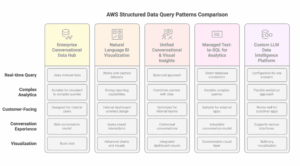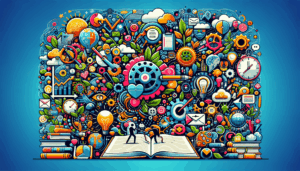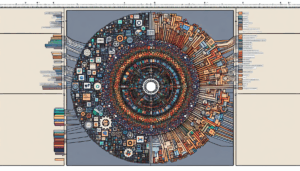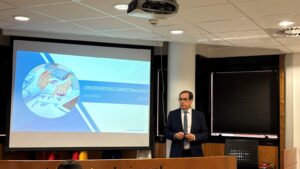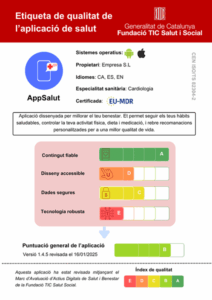In the digital age, the ability to concentrate has become a scarce commodity. The proliferation of mobile devices, video games, and social networks has significantly diminished our ability to focus on specific tasks. Concentration, vital for productivity and learning, is constantly being interrupted by an endless flow of notifications and distractions.
The report “Lost focus: The cost of distractions on productivity in the modern workplace” prepared by the labor consultant Insightful, reveals that 92% of employers have noticed a decrease in their employees’ ability to concentrate. This phenomenon not only affects the workplace but extends to all areas of everyday life.
Dr. Gloria Mark, a researcher at the University of California and author of the book “Attention Span: A Groundbreaking Way to Restore Balance, Happiness, and Productivity,” stated in an interview on the American Psychological Association (APA) podcast that the average attention span today is about 40 seconds. This alarming figure reflects how digital distractions are fragmenting our ability to maintain focus.
The Influence of Mobile Devices
Smartphones, while powerful tools for communication and access to information, are also one of the main sources of distraction. Constant notifications from messaging apps, emails, and social networks interrupt our tasks, forcing us to repeatedly shift our focus. This phenomenon, known as “continuous partial attention,” prevents us from fully immersing ourselves in a task and reduces our efficiency.
Video Games and Social Networks: A Hard-to-Resist Appeal
Video games and social networks are designed to capture our attention for as long as possible. Developers use positive reinforcement techniques and addictive gameplay mechanics that keep us hooked. Social networks, on the other hand, offer a constant flow of new and personalized content, leading us to spend hours scrolling and reacting to posts.
A study conducted by Stanford University establishes that attempting to multitask can reduce productivity by 40%. This multitasking habit, encouraged by the ease of access to different apps and games, fragments our attention and diminishes our ability to concentrate.
The Impact on the Workplace and Education
The impact of these distractions is not limited to leisure time. In the workplace, a decrease in concentration leads to lower productivity and an increase in the likelihood of errors. The Insightful report also reveals that 79% of surveyed employees were unable to stay focused on their work for more than an hour when working from their office, and 59% of them lowered the threshold of incapacity to concentrate to 30 minutes.
In education, the situation is no different. Students, surrounded by mobile devices and internet access, find it difficult to concentrate on their studies. The need to read and reread texts to understand them and the extended learning time make study sessions less effective.
Strategies to Regain Concentration
Although part of that concentration ability may have been lost, it is possible to regain it by training the brain with some task organization habits:
1. Establish clear limits with mobile devices: Reducing the number of notifications and setting specific times to check the phone can help minimize interruptions.
2. Create a conducive work environment: A clean and organized workspace, free of distractions, promotes concentration.
3. Practice concentration techniques: Methods like the Pomodoro technique, which alternates work periods with brief breaks, can improve concentration.
4. Encourage mindfulness and meditation: These practices help train the mind to stay present, reducing mental dispersion.
5. Limit multitasking: Focusing on one task at a time increases efficiency and accuracy.
6. Set clear goals: Having defined short, medium, and long-term goals helps maintain focus on what is important.
In conclusion, the loss of concentration is a significant challenge in our current society, exacerbated by the constant use of mobile devices, video games, and social networks. However, with the right strategies, it is possible to regain and improve our ability to maintain focus, resulting in greater productivity and overall well-being.
Source: MiMub in Spanish





